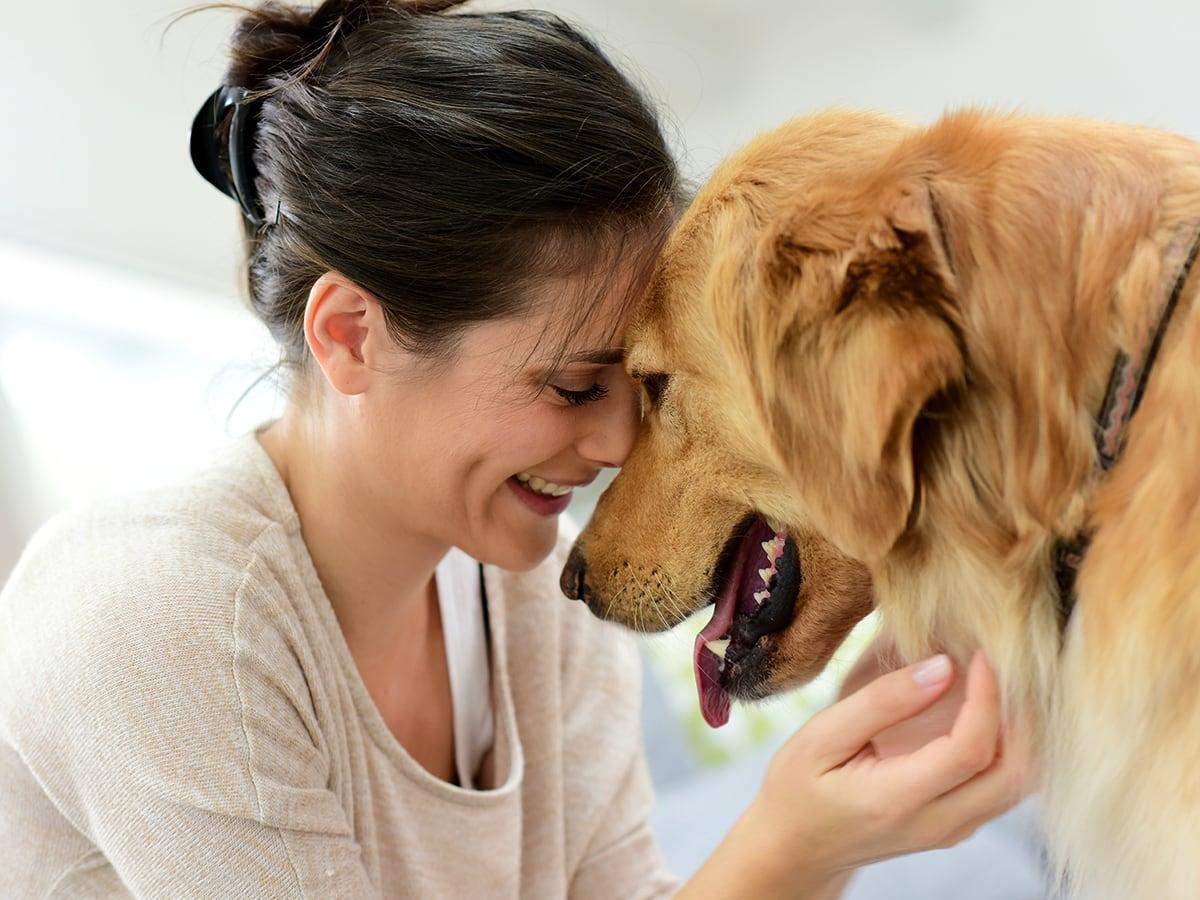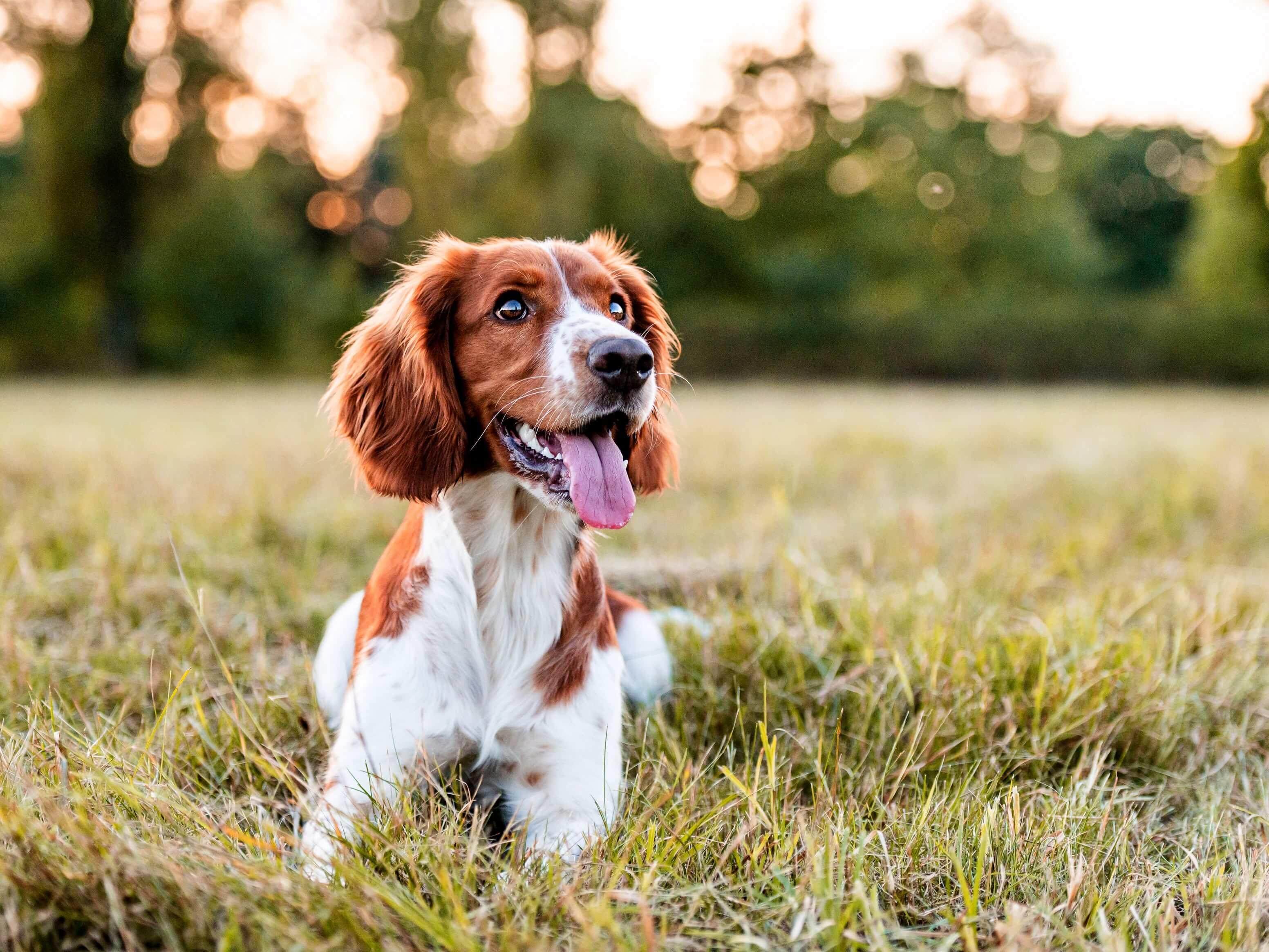They Think We’re Pretty Cool:

What Does a Spot Pet Insurance Plan Cover in Indiana?
Whether you live in Indiana or elsewhere, Spot Pet Insurance offers plan options that don’t change by location in the U.S. Our plans are designed to assist with eligible expenses related to unexpected accidents, injuries, illnesses, and hereditary or congenital conditions. They can also cover surgeries for covered conditions, along with prescription medications and alternative therapies. Please note that pre-existing conditions are not included in our coverage plans.
Vet Offices in Indiana
How Does a Spot Plan Work in Indiana?
Wondering how a Spot plan works in Indiana? First, pick a plan—either Accident & Illness or Accident-Only—and consider adding a Preventive Care add-on for routine wellness coverage. Next, customize your plan by choosing your annual deductible, reimbursement rate, and annual limit. Enroll your pet by providing basic information like their location, age, and breed. If your pet needs medical care, visit any licensed veterinarian, pay the vet bill, and then submit a claim online, in the app, or by mail or email. Once your claim is processed and approved, you will be reimbursed according to the coverage details in your plan.
What are the Most Common Health Conditions in Indiana?
Diarrhea, vomiting, and ear infections are some of the most common conditions treated in Indiana pets‡.
Is the average pet insurance claim in Indiana expensive?
The average pet insurance claim submitted in Indiana is $359‡. Through their Spot plan, pet parents can get up to 90% cash back on covered vet bills.
How Much Was the Largest Reimbursement to an Indiana Pet Parent?
The largest reimbursement received by a pet parent in Indiana was $6,370‡. At Spot, we understand that high vet bills can cause financial strain and aim to help provide financial support and peace of mind to pet parents navigating high vet bills.
Get a Pet Today at These Animal Shelters in Indiana
‡ Claim reimbursement examples are based on administrative data from 2019 to 2024. Actual reimbursement amounts may vary depending on plan type and options, including annual limit, co-insurance, and annual deductible, as well as the specifics of the claim and your policy terms.
Why We Recommend Pet Insurance in Indiana?
Leptospirosis
Leptospirosis is a highly dangerous and contagious bacteria that can kill pets. Streams, lakes and still waters are the places where these bacteria can spread rapidly, as it comes from the urine of rodents, and Indiana has tons of them. The consequences can be severe once encountered, which can include severe weakness, depression, stiffness, and severe muscle pain. It can also lead to the inability to have puppies.
How Spot Plans Help Protect Your Pet

Prescription Medications for Covered Conditions
Spot plans cover prescription medications prescribed by a licensed vet to treat covered conditions.
With a , you could get reimbursed up to 90% of eligible bills after your annual deductible is met:
Spot plan pays you back $90†
You Pay $110
Rabies
Indiana has many wild animals roaming around the state. These include bats, skunks, foxes, raccoons, and coyotes. These animals are at a high risk of having rabies. These wild animals can encounter our pets and transfer the disease. Rabies is almost always fatal. If your dog is not vaccinated, then the chances of death become very high. The worst part is it can spread throughout your human family once your pet gets it.
How Spot Plans Help Protect Your Pet

Infectious Diseases
Spot accident & illness plans cover illnesses resulting from infectious diseases your pet may catch.
With a , you could get reimbursed up to 90% of eligible bills after your annual deductible is met:
Spot plan pays you back $1,710†
You Pay $290
What to Do With Your Pet in Indiana
Indiana is brimming with activities that you and your dog can enjoy together. In Indianapolis, the Broad Ripple Park Dog Park offers a spacious, fenced area with separate sections for large and small dogs, perfect for a fun day out. For a more scenic adventure, explore the Monon Trail, where leashed dogs are welcome to join you on walks through lush greenery and urban landscapes. In Bloomington, the Lake Monroe Dog Park provides a beautiful lakeside setting where dogs can splash and play. Additionally, the annual Indianapolis Dog Walk and Run event is a must-visit, featuring dog-friendly activities, vendor booths, and community engagement. If you’re up for a road trip, the Indiana Dunes National Park offers pet-friendly trails where leashed dogs can enjoy the natural beauty of sand dunes and Lake Michigan. With diverse options for recreation, Indiana ensures memorable experiences for you and your furry companion.
Check Out These Pet-Friendly Businesses in Indiana

Affordable Pet Insurance Options for Cats & Dogs
Life is full of surprises. Spot can help pet parents plan for them through easy and simple pet health insurance options that can be used at any licensed vet in the U.S. or Canada
1)Advertised premium is based on an accident and illness plan with an 80% reimbursement rate, $750 annual deductible, and a $2,500 annual limit for a 2-year-old mixed cat in 32009. Plan costs vary.
(2)Advertised premium is based on an accident and illness plan with an 80% reimbursement rate, $500 annual deductible, and a $2,500 annual limit for a 2-year-old small mix (11-25lbs) in 32009. Plan costs vary.
Indiana Pet Insurance Information by City
Find city-specific information about Pet Insurance in the state of Indiana.
Pet Insurance FAQs
Have questions about pet insurance and how it works? Let’s dig up an answer.



